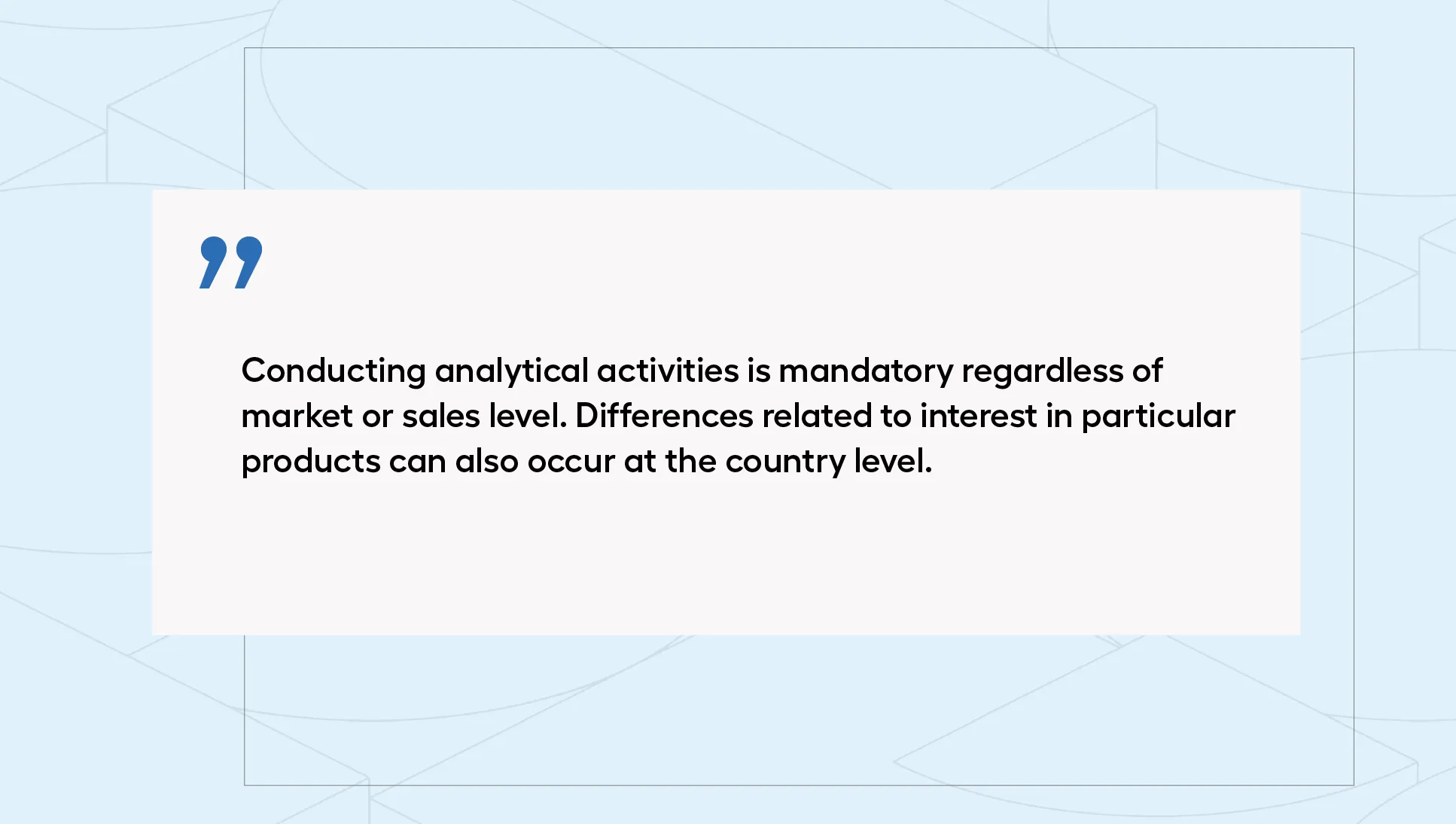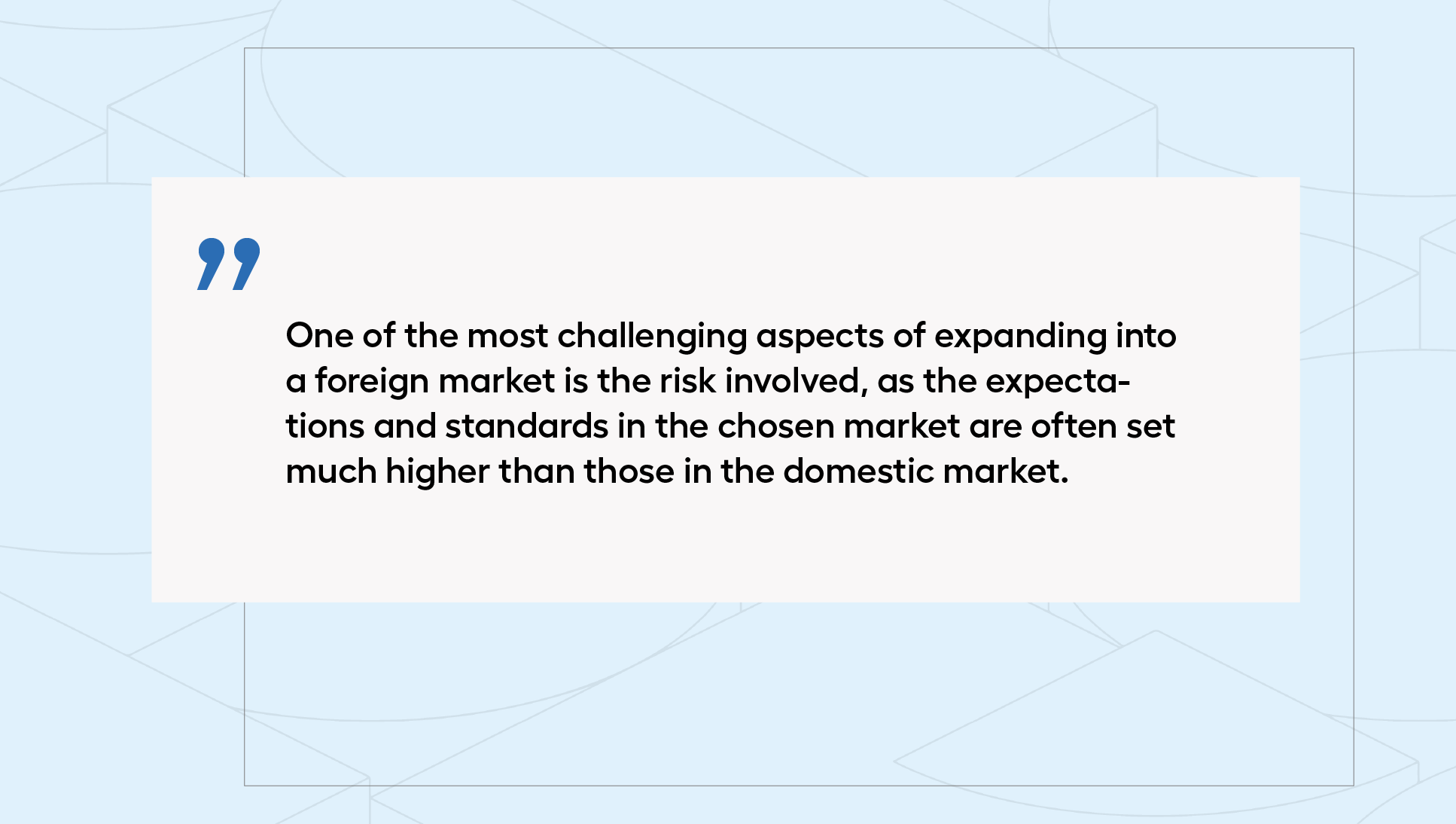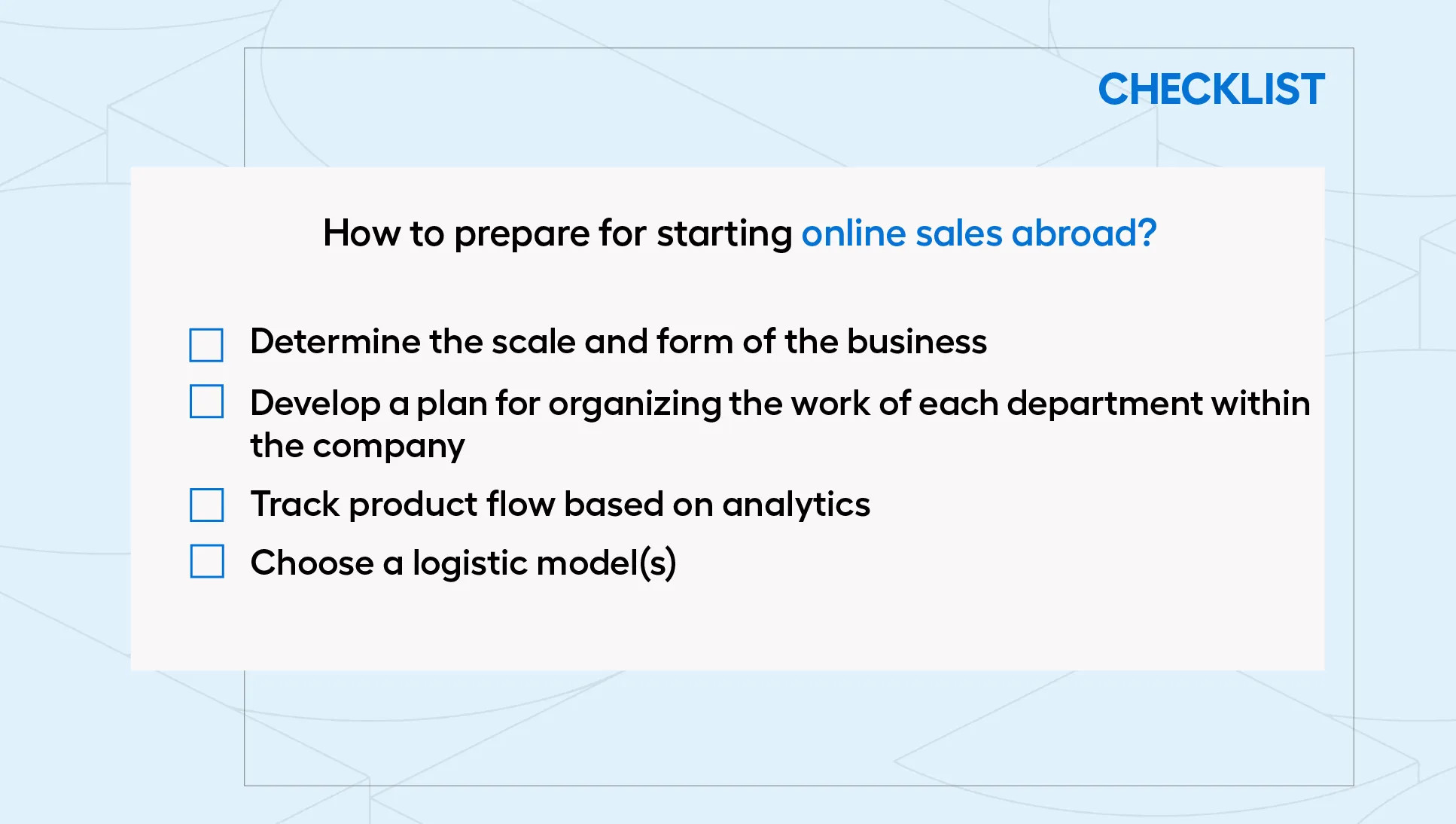Cross border commerce talks part II Work organization in international eCommerce - an interview with Jarosław Uczkiewicz
In the first interview in a series on overseas expansion in eCommerce, we focused on a competitive analysis of the market in the target country. Learning about the structure of the industry there, the needs of customers, as well as an awareness of cultural differences can prove crucial in deciding on the final sales destination. However, choosing a foreign market is only one of the first steps on the road to success in cross border commerce - what's next?
A number of challenges await the owner of an online store in reorganizing certain areas of his business in accordance with international standards, in addition to the specifics of the chosen country. Among them, choosing the right form of business, finding the right logistics partner or facing different interest in particular products may prove problematic. We talked about these changes with Jaroslaw Uczkiewicz, an eCommerce expert who works with companies such as Gatta and Ferax on a daily basis. With practical advice, we hope to help dispel doubts about organizing work in the global marketplace.
Rafał Gadomski: How to organize the various departments in the company (e.g., sales, customer service) in order to efficiently start selling online abroad?
Jarosław Uczkiewicz: Before making any decisions, it is important to determine the scale of the planned venture and in what form we want to start international operations. Do we manage and organize all sales from the Polish headquarters? Or do we build an independent foreign structure? Both solutions have their advantages and disadvantages, but choosing one of them is necessary to plan further steps. It is also worth paying attention to the organization of work and plan it in a matrix and hybrid way so as not to generate additional costs and involve already employed specialists in foreign contacts.
RG: The organization of the work of the entire company is important, but sometimes, despite a well-defined structure, it turns out that foreign results are not as satisfactory as those generated locally. The reason for this may be different product flow, that is, differences in interest in the same product in different markets - how to deal with it?
JU: You simply need to create an analytical model and monitor the flow of products on an ongoing basis - conducting analytical activities is mandatory regardless of market or sales level. Domestically, differences related to interest in particular products can also occur, especially if you are selling in several online stores at the same time.

RG:Let's move on into practice - which of the logistics models you've had the opportunity to work in has proven to be the most effective?
JU: This aspect of the business also depends on the type of e-business you are running, as well as the countries you are targeting for sales. Keep in mind that it is not always possible to ship from your home country, and sometimes the cost simply proves too high. Maintaining warehouses or logistics outside the country can also be a challenge. There are several well-known global stores that successfully sell in Poland, shipping goods from abroad. However, there is no single effective logistics model. In conclusion - it depends...
RG: What do you think is the biggest challenge when expanding overseas?
JU: The most difficult thing is to take the risk of entering the chosen foreign market, because in this case the bar is much higher suspended than in the domestic market. In order to minimize mistakes, it is advisable to take advantage of the knowledge of those who have relevant experience in this area.

RG: And what was the most difficult market you entered? What did those difficulties arise from?
JU: There are no easy or difficult markets - each has its own characteristics, distinct requirements, and is characterized by a different customer profile. For example, the German market is dominated by solutions that meet the standards and quality of platforms like Amazon or eBay. The Czech market is highly developed in terms of a large variety of eCommerce. In contrast, eCommerce stores centered around the Eurozone will, by definition, be perceived as more expensive from the perspective of Polish customers.
Debut of eCommerce abroad - is a safe start possible?
Recall your beginnings in eCommerce on the domestic market - it probably cost you a lot of time and effort to test individual solutions, and mistakes during this process were inevitable. All these activities, however, had an impact on the final image of your online store and its smooth functioning. Starting with sales on foreign markets, you have to expect that you will have to repeat this path. In this case - is it possible to make a safe start in cross border commerce? It will certainly be helpful to take advantage of the knowledge and experience of market players, as well as to carefully plan your activities and determine your own needs - the checklist we present below will help you with this.

Meanwhile, more tips and advices from experts in the world of eCommerce will appear on our blog soon. What problem do you think we will address in the next part of the series?



